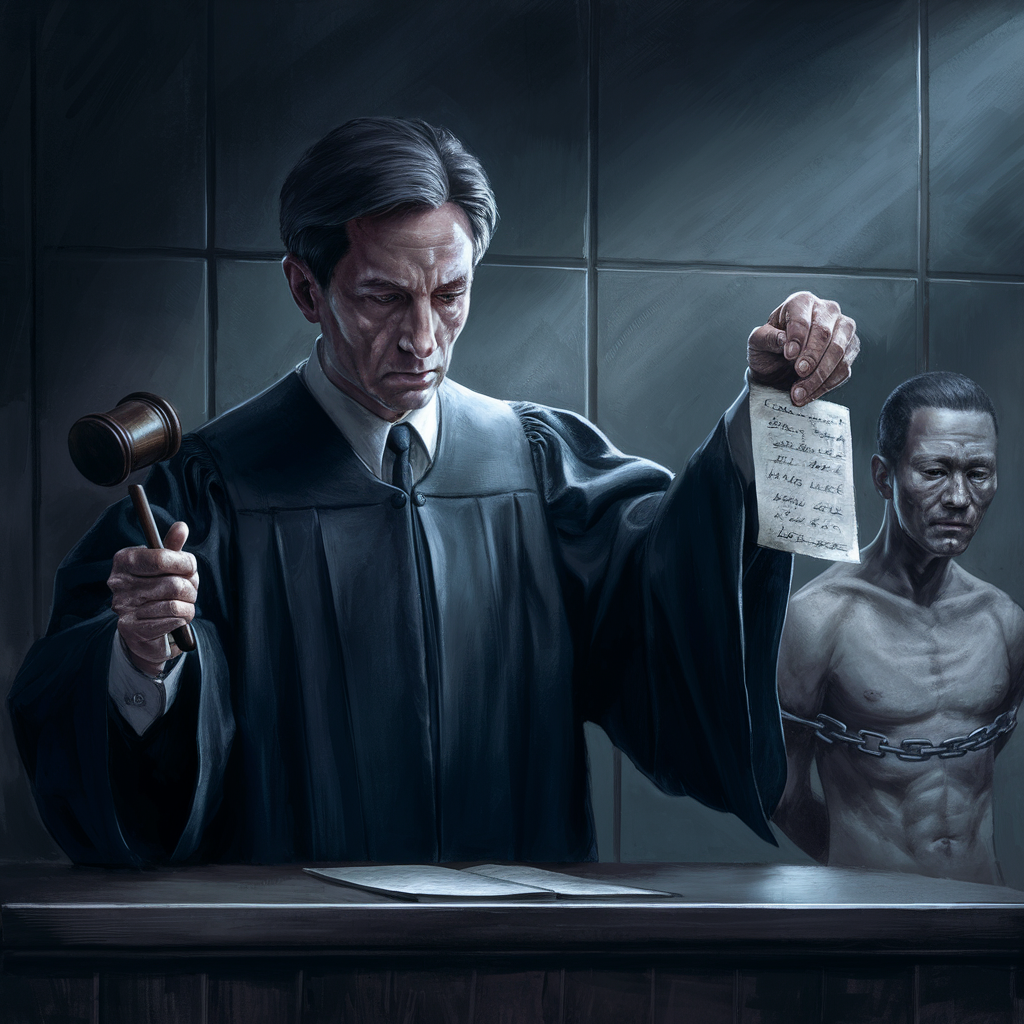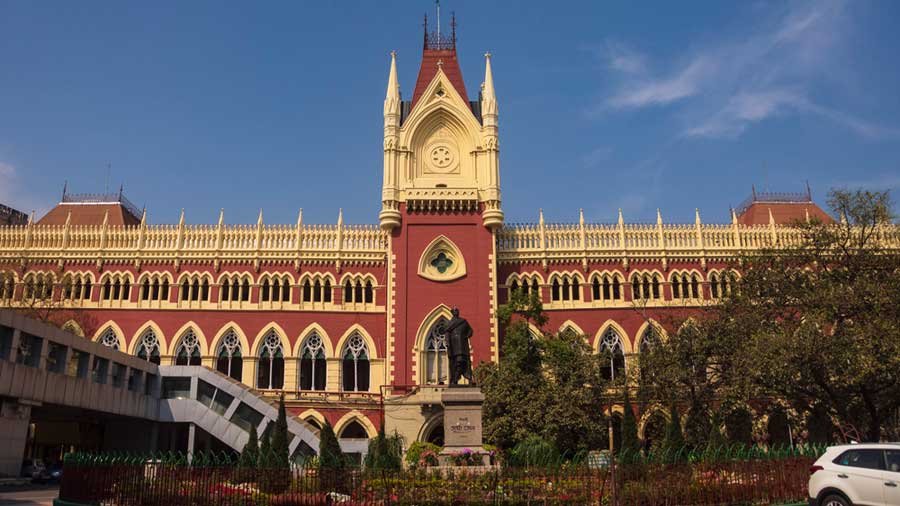The Kerala High Court commuted the death penalty imposed on the accused in the 2013 Pathanamthitta murder case to life imprisonment on Tuesday. [State of Kerala v Thomas Chacko @ Shibu]
The case was not classified as the “rarest of rare cases” that required a death sentence, according to a division bench of Justices AK Jayasankaran Nambiar and Syam Kumar VM.
Nevertheless, the Court acknowledged that the accused had brutally murdered his two nephews, who were 7 and 3, and, as a result, merited a severe penalty.
Consequently, the accused was sentenced to 30 years of rigorous imprisonment without remission by the Court.
“We are of the opinion that the facts of the current case do not qualify it for classification under the category of “rarest of rare,” which would justify the imposition of a death sentence on the appellant/ accused.” That being said, it is imperative that we remain cognizant of the heinous offense that the appellant/accused committed against two innocent children, aged 7 and 3, which is not to be overlooked. The Court stated that the brutal manner in which the crime was committed on the children, who were the children of his own brother and in relation to whom he occupied a position of trust, undoubtedly warrants a harsh punishment.
The accused, Thomas Chacko, also known as Shibu, was residing with his wife and had a fraught relationship with his father and sister-in-law as a result of ongoing disputes regarding property division.
Chacko harbored a deep-seated resentment toward his father and sister-in-law, Bindhu, who resided in the family residence with her two small sons, Melbin (7) and Mebin (3).
Chacko visited his parental residence on the morning of October 27, 2013, with the malevolent intent of causing harm to his family. He slashed the throats of Melbin and Mebin in a gruesome act. Bindhu assaulted her and poured chili powder in her face to incapacitate her when he attempted to intervene. Subsequently, he ignited the residence and attempted to commit suicide by ingesting poison.
The charges were framed under Sections 449 (house-trespass in order to commit an offence punishable with death), 323 (punishment for voluntarily causing hurt), 324 (voluntarily causing hurt by dangerous weapons or means), 436 (mischief by fire or explosive substance with intent to destroy house, etc.), and 302 (punishment for murder) of the IPC.
Chacko was convicted of all allegations by the trial court and was subsequently executed.
Subsequently, the State submitted a death sentence reference to the Kerala High Court in order to validate the death penalty.
The Court examined the Mitigation Investigation Report submitted on behalf of the death penalty research organization, Project 39A, and the mitigating factors presented by Chacko’s counsel. It was determined that Mathew was productively utilizing his time in prison and had no prior criminal history.
The Court also reviewed the reports from the Assistant Professor of Psychiatry and the Superintendent of the prison. It found that Thomas, despite his asocial nature, was adhering to the prison’s regulations and had even expressed remorse for the incident for which he was being punished.
Consequently, the Court commuted his death sentence to rigorous imprisonment for a period of 30 years without remission, as well as a fine of ₹5,00,000, in order to release him to the parents of the deceased.
It instructed the Kerala State Legal Services Authority (KELSA) to distribute the amounts owed to the parents from the Kerala Victim Compensation Scheme if compensation had not yet been paid under Section 357-A (Victim Compensation Scheme) of the CrPC.
Ambika Devi S, the Special Public Prosecutor, represented the state.
Thomas Chacko, also known as Shibu, was represented by advocate VA Ajivass.


